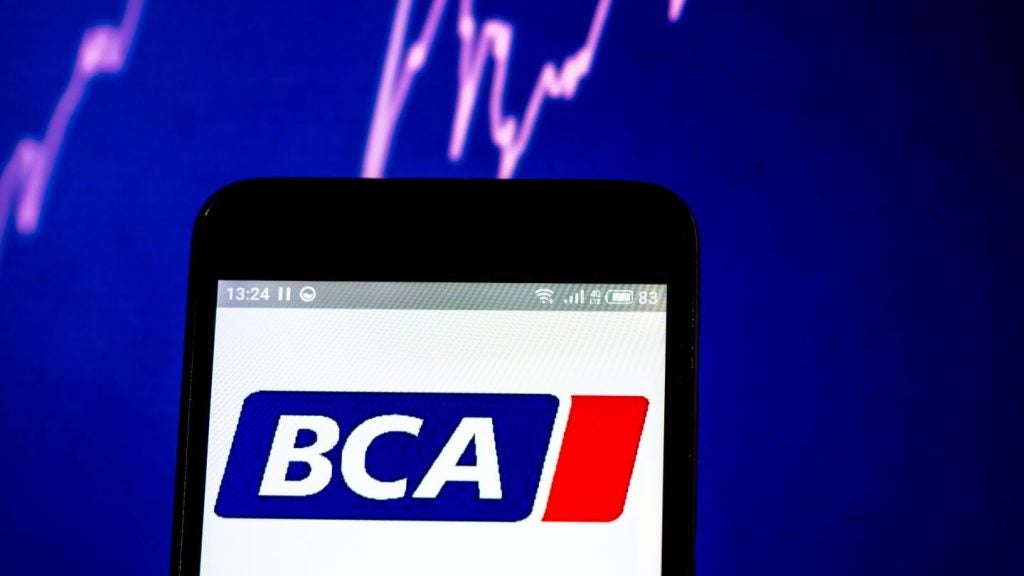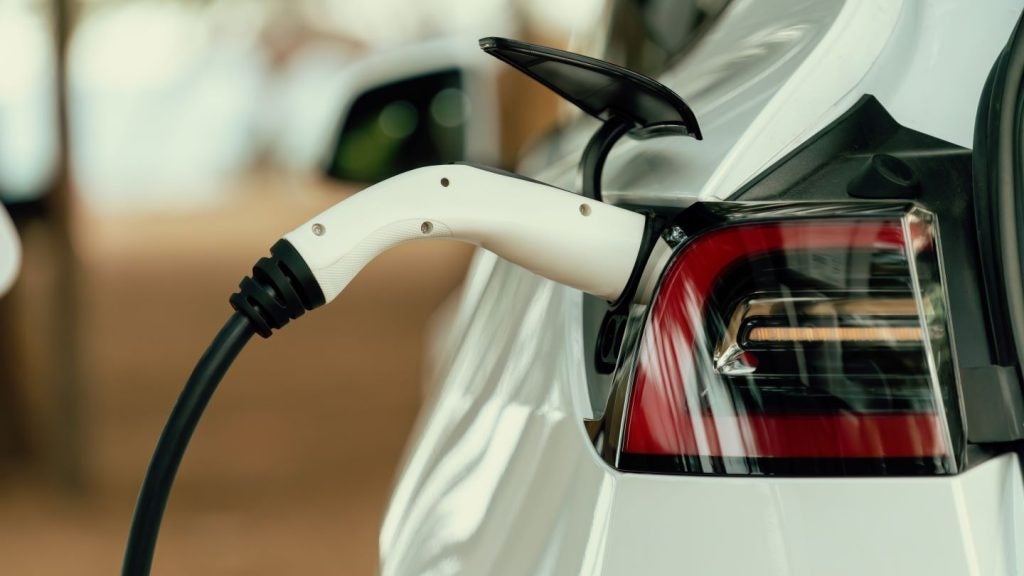
From a minority position at the turn of the millennium, diesel rapidly grew to overtake petrol as Europeans’ fuel of choice. However, its prime days are now over, so how will carmakers and retailers phase it out? Lorenzo Migliorato looks at the possibilities
The rise and fall of the diesel engine took little over 15 years, having peaked with a market share of over 55% in the first half of this decade, according to the European Automobile Manufacturers’ Association.
Felipe Munoz, global automotive analyst at Jato Dynamics, points out that not only did consumers respond well to the diesel offer, diesel’s lower average emissions – compared to petrol – made it easier for manufacturers to meet the EU’s clean air targets.
DIESELGATE
In the last two years the Dieselgate scandal has swiftly undercut diesel’s position of dominance, pushing it back to a 44% market share, amid consumers’ flight and governments’ bashing.
“The numbers point to a bona fide crash,” says Munoz. “It is a trend that started in late 2016 and did not stop – rather, it accelerated. There is confusion, and when faced with confusion, consumers turn wary.”
Diesel’s popularity in the years immediately preceding Dieselgate now risks coming back to haunt the entire retail chain. As cap hpi noted in an April whitepaper, UK dealers and captives face the return of the million-and-half vehicles sold on PCP during the 2015-2016 peak, before diesel’s woes began. Industry players also face top-down pressure from national and local authorities across Europe.
How well do you really know your competitors?
Access the most comprehensive Company Profiles on the market, powered by GlobalData. Save hours of research. Gain competitive edge.

Thank you!
Your download email will arrive shortly
Not ready to buy yet? Download a free sample
We are confident about the unique quality of our Company Profiles. However, we want you to make the most beneficial decision for your business, so we offer a free sample that you can download by submitting the below form
By GlobalDataAs UK councils follow on from London’s example in restricting the circulation of older diesel vehicles, in Germany a federal court ruling granted cities the right to impose diesel bans – a move that Moody’s said poses high risk to the residual values in captives’
stock, especially in a finance-intensive market like Germany’s.
Manufacturers and retailers have found themselves having to balance the need to hedge against diesel cars’ devaluation with the desire to keep hold of a market segment that is still profitable, especially for SUVs and fleet vehicles. “The majority of manufacturers are still reliant on diesel, and many of them intend to keep fighting for this slice of the market, which is still very significant,” says Munoz.
INTERMEDIARIES
Intermediaries in the car retail chain are taking cover by shifting away from diesel stock. Shortly after the federal ruling in Germany, Sixt’s leasing and retail division set out a strategy to cut the volumes of diesel vehicles not covered by buyback agreements with suppliers.
In the UK, short-term lease provider Meridian said it would introduce a petrol option for all its vehicles, to meet shifting customer preferences. Meanwhile, Volkswagen made the radical pledge of a “diesel ban guarantee” in Germany, promising to buy back vehicles up to one year old if they fall foul of cities’ restrictions, and trade them in for a compliant model.
Munoz sees this as a short-term reassurance strategy aimed at keeping a grip on the market share build over two decades. “They implement these strategies in a strong diesel market like Germany in order to maintain a dominant position,” he notes.
The interplay between draconian regulation, demand for new diesel cars and residual values is strong, and the industry has two ways to hedge against a devaluation of existing stock: either it reduces its exposure by getting rid of the vehicle classes more liable to bans, as Sixt Leasing did, or it can try and prolong models’ lifespans through technologies that reduce emissions to authority-appeasing levels.
FUTURE STOCK
But as far as future stock goes, diesel’s appeal is simply not what it used to be. cap hpi expects manufacturers to “rationalise” their offerings, phasing diesel out from city cars to meet shifting customer preferences.
The changing composition will, in turn, transmit to the used market, VRA chair Glenn Sturley recently said, affording used buyers more choice than they used to have. “There is likely to be a growing number of used car customers who definitely want to buy a petrol model and, against that trend, dealers need to ensure that the advantages of diesels are positively promoted,” Sturley said.
On the fleet side too, diesel does not hold the same sway. “We are moving away from a one-fuel-fits-all situation to one where fleets are gaining knowledge about the suitability of different fuels for different applications,” Meridian managing director Phil Jerome said in December.
Additionally, cap hpi sees petrol hybrid powertrains as an attractive compromise between petrol and diesel, giving high-mileage users more reasons to give up diesel. Even if zero-emission vehicles are the future, diesel seems set to retire sooner than petrol. As for existing stock, it is up to carmakers – with finance houses as their spearhead – to lead the fuel through an orderly liquidation rather than a panicked crash.







